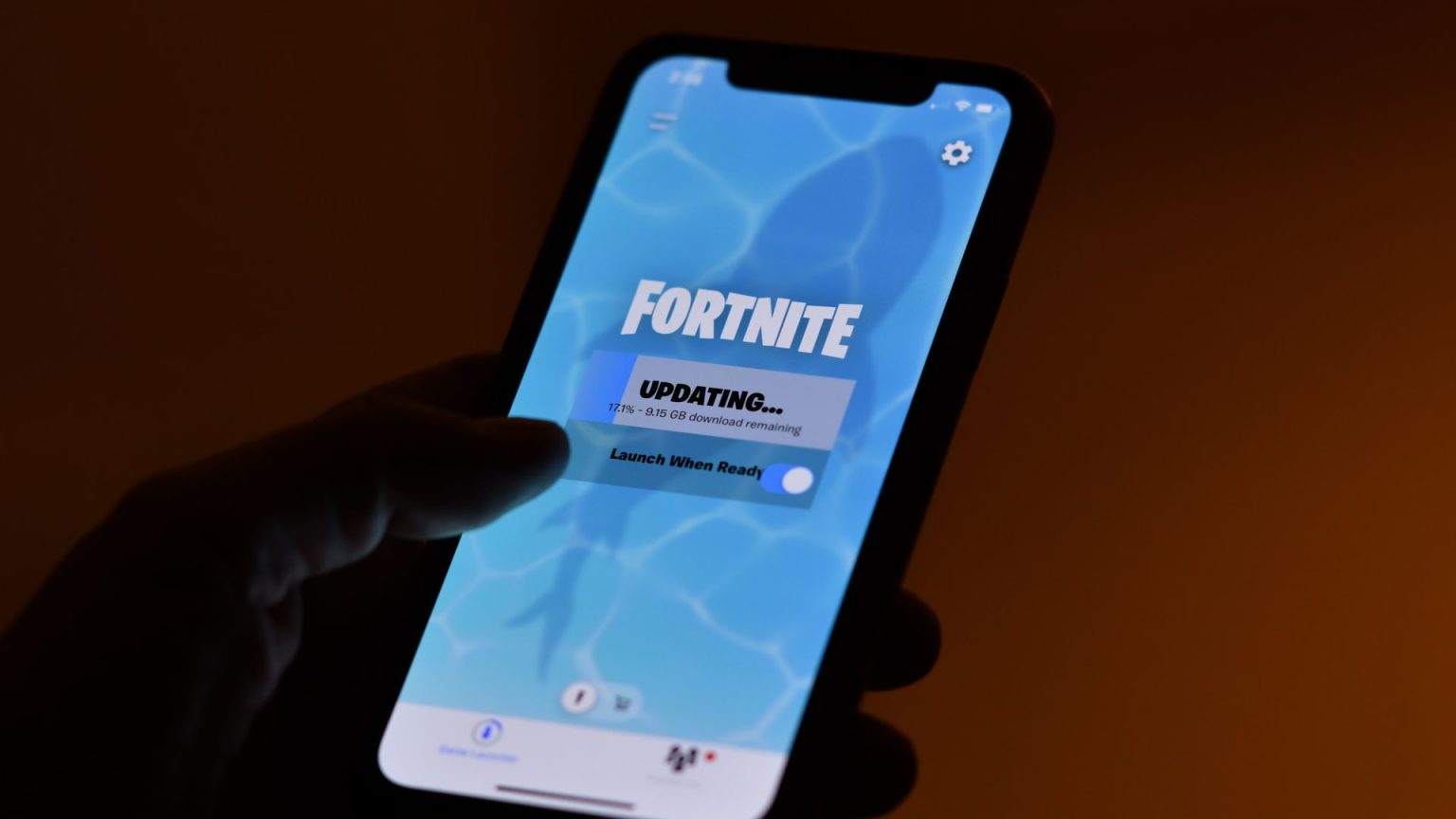In a recent court order, Apple has been instructed to settle its ongoing conflicts with Epic Games regarding the reinstatement of the popular game Fortnite to the iOS App Store. U.S. District Judge Yvonne Gonzalez Rogers emphasized that Apple has the capability to resolve the matter without additional legal proceedings. As the tech giant faces mounting pressure, Epic Games is seeking to enforce a prior injunction in an effort to restore the game while both companies await critical court rulings.
| Article Subheadings |
|---|
| 1) The Background of the Dispute between Apple and Epic Games |
| 2) Recent Developments in the Court Case |
| 3) The Court’s Expectations and Potential Consequences |
| 4) Broader Implications for App Store Policies |
| 5) Expert Opinions on the Legal Landscape Ahead |
The Background of the Dispute between Apple and Epic Games
The legal conflict between Apple and Epic Games has roots extending back to 2020 when Apple first removed Fortnite from its App Store. This action followed Epic Games’ implementation of a direct payment feature, which circumvented Apple’s own payment system. This maneuver violated Apple’s stringent App Store policies, leading to the termination of Epic’s developer account. The fallout initiated a far-reaching legal battle, questioning Apple’s monopoly power and control over in-app purchases, specifically its practice of charging developers a significant fee on transactions made through its platform.
Recent Developments in the Court Case
After years in the courts, the situation reached another critical juncture earlier this week when Epic Games announced that it had resubmitted Fortnite for inclusion in the App Store. However, Apple has reportedly rejected this submission, prompting Epic to file a motion to enforce an earlier court injunction. On May 27, both parties are expected to attend a hearing in the Northern District of California, where Judge Rogers expressed impatience with the delays in set resolutions and indicated that Apple’s legal rationale for ignoring the Court’s orders would be closely scrutinized. Apple’s Vice President of Finance has already come under fire for misleading the court about when Apple decided to impose its fees on certain transactions.
The Court’s Expectations and Potential Consequences
In her latest ruling, Judge Rogers made it clear that Apple executives are accountable for resolving the conflict effectively and promptly. She stated that an Apple official responsible for compliance will need to appear in person if the companies fail to reach a settlement. This adds a layer of urgency, as non-compliance could invite further legal consequences. The court’s findings indicate that Apple’s practices may not align with federal guidelines regarding competitive fairness, reinforcing the scrutiny it faces from regulators and the broader public.
Broader Implications for App Store Policies
The ongoing conflict is likely to have significant implications beyond this single case. Not only does it influence the dynamics between Apple and Epic Games, but it also has ramifications for all app developers who operate in the increasingly monopolized ecosystem that Apple oversees. Other app providers, such as Spotify and Amazon, have recently adjusted their own payment systems to comply with legal rulings and explore options for selling directly to consumers outside the App Store framework. This nod towards more equitable practices could lead to a re-evaluation of revenue models across app distribution platforms.
Expert Opinions on the Legal Landscape Ahead
Legal analysts are observing the proceedings with great interest, as the outcome of this case may significantly alter the landscape for digital commerce and app distribution. Experts note that the resolution could either reinforce Apple’s considerable influence over app developers or serve as a catalyst for change. Some believe that a ruling in favor of Epic Games could encourage additional developers to challenge Apple’s policies, potentially leading to looser regulations and a changed approach to in-app payments. Others caution that, given Apple’s strong legal resources and history of successful litigations, the outcome may not be as transformative as some hope.
| No. | Key Points |
|---|---|
| 1 | Apple has been ordered to resolve its issues with Epic Games concerning Fortnite’s absence from the App Store. |
| 2 | The judge expressed that Apple is capable of settling the matter without further court action. |
| 3 | Epic Games filed a motion to enforce a prior court injunction after Apple blocked its recent app submission. |
| 4 | There may be significant ramifications for app developers depending on the outcome of the case. |
| 5 | Experts believe this case could reshape the landscape of digital app sales and distribution. |
Summary
As the legal battle between Apple and Epic Games continues to unfold, the outcome of this case holds considerable weight for the future of digital commerce on app stores. With Apple’s compliance now demanded and potential courtroom scrutiny looming, the resolution could set a precedent impacting the methods by which apps operate and generate revenue in the app ecosystem. Stakeholders from various sectors are closely monitoring the developments, which could alter the dominant frameworks within which developers must navigate.
Frequently Asked Questions
Question: What are the main issues defining the Apple and Epic Games dispute?
The dispute centers around Apple’s App Store policies, particularly its refusal to allow alternative payment methods, which Epic Games challenged after implementing a direct payment system in Fortnite.
Question: What are the potential consequences if Apple does not comply with the court’s order?
Failure to comply may lead to further legal repercussions for Apple, including mandatory appearances by its executives in court, and could affect its operational practices moving forward.
Question: How could this case impact app developers beyond Apple and Epic Games?
The case could set important precedents for app store policies, potentially leading to changes in revenue-sharing models and competition among app developers, thereby fostering a more equitable market environment.


